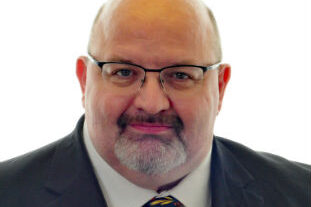With HMRC recently having struck a deal with “Air BnB” to obtain the income details of all of their 225,000 UK “hosts”, if you have current or historic undeclared rental income, you really should bring your affairs up to date and declare any issues sooner rather than later.
Largely the only tax “amnesty” that HMRC are currently running is the Let Property Campaign (LPC). This is targeted at all landlords and was introduced with a blaze of publicity using billboards and TV and radio advertising a few years ago. The LPC enables landlords to sort out historic irregularities or omissions with a lower penalty regime available – provided you tell them before they contact you about it.
How does the LPC work?
You (or a tax advisor on your behalf) will need to contact HMRC to advise them of your intention to declare under the LPC which then starts a 90-day clock to provide details of the income and expenses and calculate the tax due on the formal declaration itself. Penalties and interest are “Self-Assessed” although HMRC do give very strong guidance as to what rates of penalty they will consider acceptable.
If the issue is classed as a “careless mistake” (for example including capital repayments when claiming mortgage interest relief), you may only need to go back six years and any penalty may be negligible. If, however, the issue is that you never told HMRC in the first place, the full 20 years may be appropriate and the penalty higher. By voluntarily declaring and correcting your affairs, the ultimate penalty will always be lower than if HMRC contact you about it first.
Occasional landlords may ultimately not need the LPC. With the annual £1,000 rental allowance, or the £7,500 Rent-a-Room allowance (available only if any period of letting of your main home overlaps in full or in part with your own occupancy) there may not ultimately be any tax due. However, you should still notify HMRC of the rental income as it is up to HMRC to allow you not to file Tax Returns; not for you to decide arbitrarily not to tell them in the first place. Professional advice is essential.

